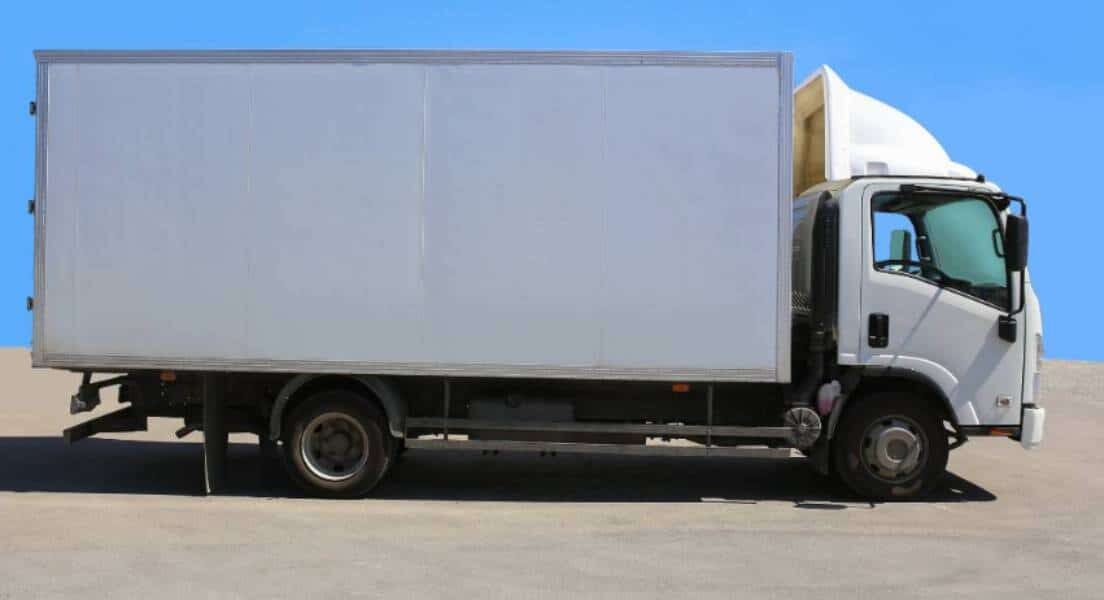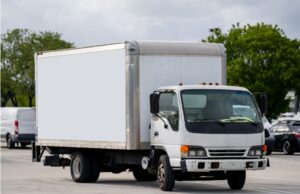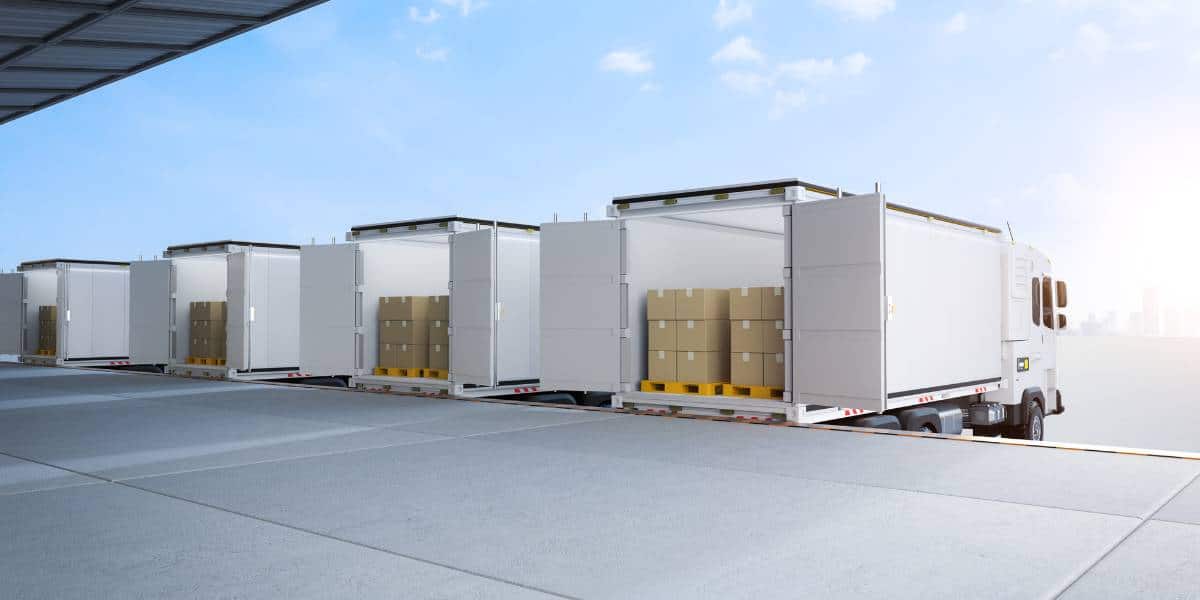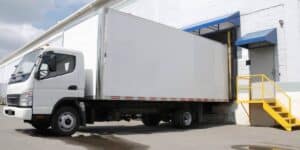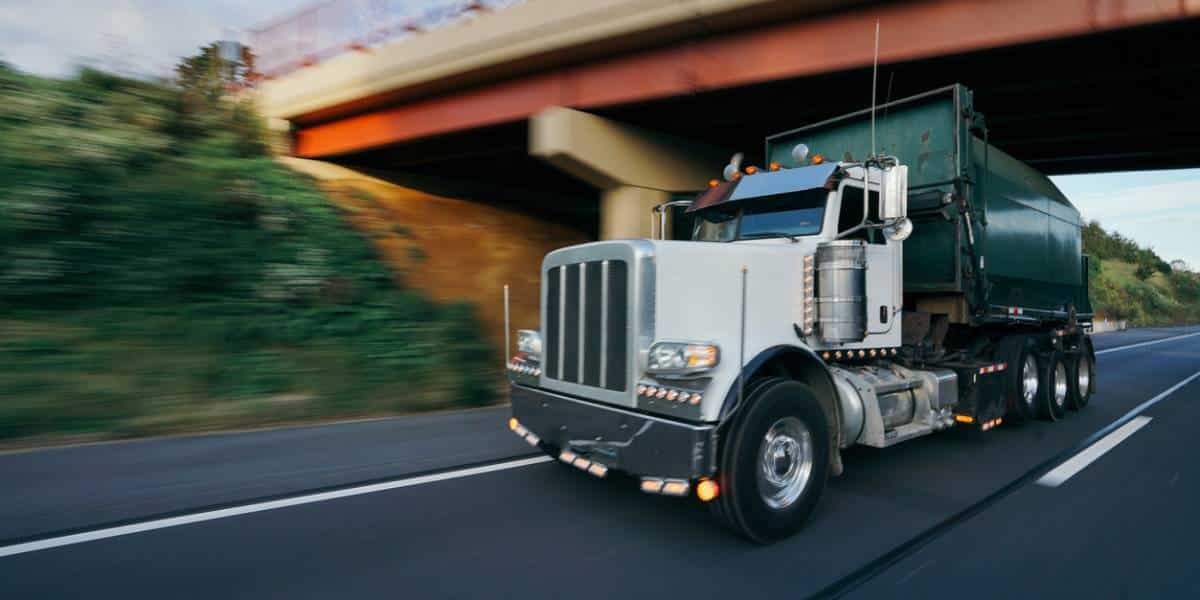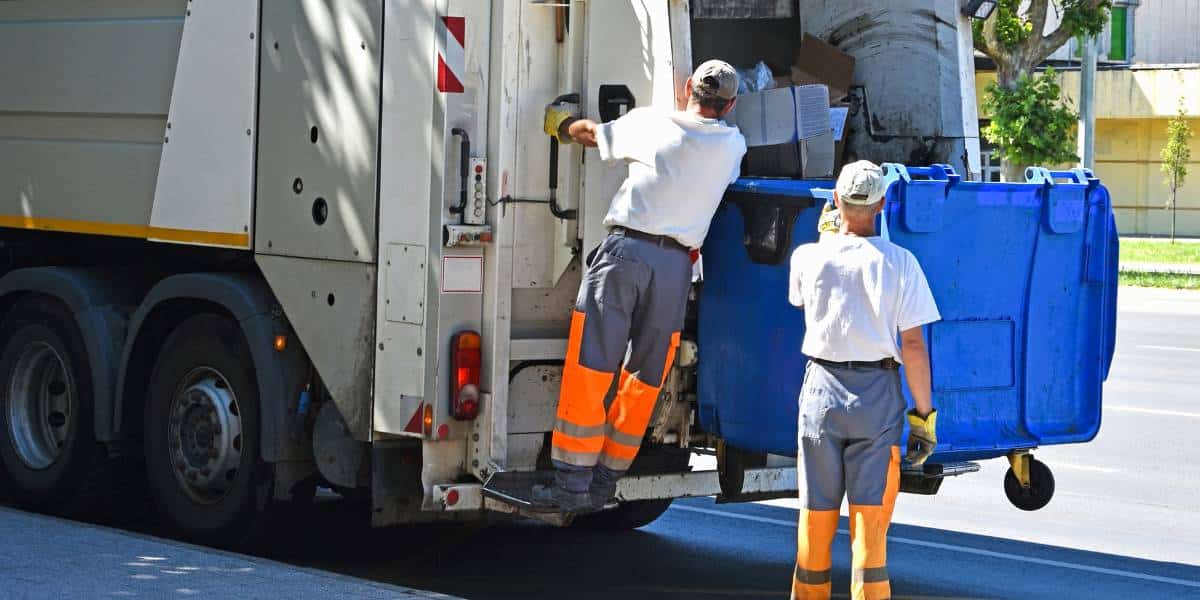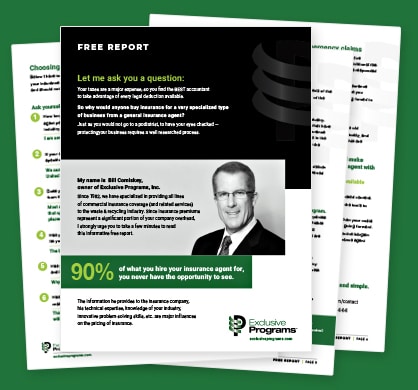In the evolving landscape of the waste and recycling industry, particularly for garbage collection companies, safeguarding your fleet is an operational necessity and a strategic asset. Auto hauler insurance emerges as a pivotal shield in this scenario, offering a layer of financial security and peace of mind for businesses navigating through the complexities of logistics and transportation. Exclusive Programs, Inc., with its bespoke insurance solutions and deep industry knowledge, stands at the forefront of addressing these needs.
The Vital Role of Auto Hauler Insurance in Your Business
Auto hauler insurance steps beyond the basic legalities, serving as a robust shield against the multifaceted risks inherent in the transportation and logistics of vehicles, especially within specialized industries like waste and recycling. For businesses operating within these sectors, the transportation of goods—often including hazardous materials—introduces a spectrum of potential liabilities and financial risks. This insurance not only ensures compliance with state and federal regulations but also offers a safety net against these multifarious exposures.
Core Components of Auto Hauler Insurance
- Liability Coverage: Protects against legal liability arising from accidents, offering protection for bodily injury and property damage to third parties. This is critical in mitigating the financial impact of claims that could otherwise jeopardize the financial stability of your business.
- Physical Damage Coverage: Ensures protection for your auto haulers from damage resulting from collisions, theft, vandalism, or natural disasters. Given the significant investment in your fleet, this coverage is indispensable in maintaining operational continuity.
- Cargo Insurance: Offers compensation for damages or loss of the vehicles being transported. This is particularly vital for businesses in the waste and recycling industry, where the cargo can include specialized equipment or hazardous materials requiring additional care and protection.
A Strategic Asset in Risk Management
Incorporating auto hauler insurance into your risk management strategy is not just about protection; it’s about adopting a proactive approach to safeguarding your business’s future. Here’s how it serves as a strategic asset:
- Financial Stability: By covering potential losses from accidents, theft, and other unforeseen events, auto hauler insurance helps maintain your business’s financial stability, ensuring you’re not out of pocket for large expenses that could disrupt your operations.
- Reputation Preservation: In the event of an incident, swift and effective handling, supported by your insurance, minimizes negative publicity and helps preserve your company’s reputation.
- Business Continuity: With comprehensive coverage, you’re better positioned to resume operations quickly after an incident, reducing downtime and maintaining service delivery to your clients.
- Competitive Advantage: Demonstrating a commitment to safeguarding your operations, employees, and assets through comprehensive insurance can also serve as a competitive differentiator, reassuring clients and stakeholders of your professionalism and resilience.
Understanding Auto Hauler Insurance
Auto hauler insurance encompasses a range of coverages tailored to protect vehicles responsible for transporting automobiles. This can include liability insurance, physical damage coverage, and cargo insurance, among others. Given the unique challenges faced by the waste and recycling industry—ranging from the risks associated with heavy loads to the potential for environmental damage—the importance of securing a policy that comprehensively addresses these concerns cannot be overstated.
How Much Does Commercial Truck Insurance Cost?
When it comes to how much commercial truck insurance costs, the answer varies widely based on several factors, including the size of your fleet, the types of vehicles, and your loss history. However, companies in the waste and recycling sector, particularly those involved in garbage collection, might find themselves facing higher premiums due to the increased risks associated with their operations. It’s crucial, therefore, to partner with an insurer like Exclusive Programs, Inc., that understands these nuances and can offer competitive pricing without compromising on coverage.
Exclusive Programs, Inc.: Tailored Solutions for Your Insurance Needs
Exclusive Programs, Inc. leverages its vast network of over 100 insurance carriers to bring you unparalleled insurance products and pricing. Our commitment to fostering strong carrier relationships ensures that we can provide coverage options that are not just tailored to the waste and recycling industry but also offer the flexibility and comprehensiveness required to protect your assets effectively.
The Unique Challenges of Garbage Collection Companies
Garbage collection companies face a myriad of challenges, from navigating tight urban streets to dealing with hazardous materials. These challenges necessitate an insurance policy that goes beyond the basics, providing coverage for environmental liabilities, equipment breakdown, and more. Exclusive Programs, Inc. specializes in understanding these specific needs and delivering insurance solutions that align with your business objectives and risk profile.
Navigating the Consideration Stage
For businesses in the consideration stage of their buyer journey, recognizing the value of a robust auto hauler insurance policy is crucial. It’s not just about fulfilling a legal requirement; it’s about ensuring the longevity and stability of your business. As you evaluate your insurance needs, consider how the right partner can make a difference in securing your assets and supporting your business’s growth.
Driving Forward with Confidence
In a world where the unexpected can become a reality overnight, having the right insurance coverage is more than a safety net—it’s a strategic advantage. Exclusive Programs, Inc. stands ready to equip your waste and recycling business, especially those within the garbage collection sphere, with the auto hauler insurance coverage you need to navigate the challenges ahead with confidence.
Why Choose Exclusive Programs, Inc.?
- Customized Insurance Programs: Tailored solutions that address the specific challenges of the waste and recycling industry.
- Competitive Pricing: Access to exclusive insurance products and optimal pricing through strong carrier relationships.
- Expertise and Direct Owner Interaction: Benefit from professional expertise and direct interaction with decision-makers.
Protect Your Fleet with Exclusive Programs, Inc.
As we’ve navigated through the intricacies of auto hauler insurance and the considerations for businesses in the waste and recycling industry, it’s clear that the right insurance coverage is not just essential—it’s indispensable. Whether you’re concerned about the rising costs associated with claims and litigation or simply seeking to safeguard your fleet against unforeseen events, Exclusive Programs, Inc. offers the expertise, products, and services to meet your needs.
Are you ready to secure your fleet with comprehensive auto hauler insurance coverage? Exclusive Programs, Inc. invites you to explore our customized insurance solutions designed specifically for businesses like yours. Don’t let concerns about price or the process of switching agents hold you back. Contact us today for more information and take the first step towards protecting your assets with confidence. Your fleet is the lifeblood of your business—ensure it’s protected with Exclusive Programs, Inc.

